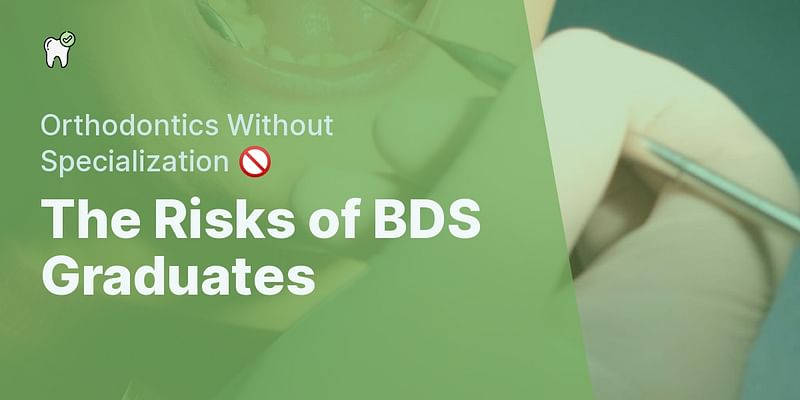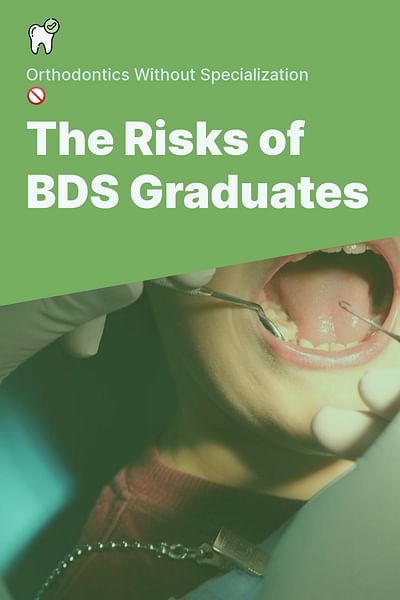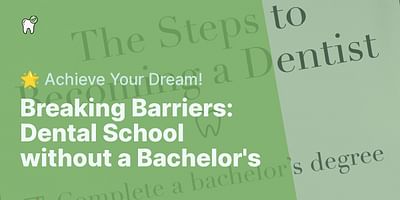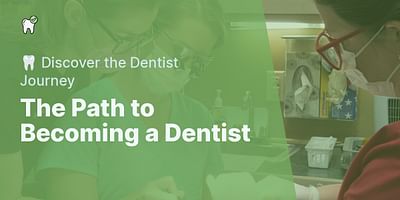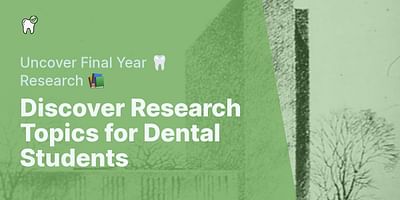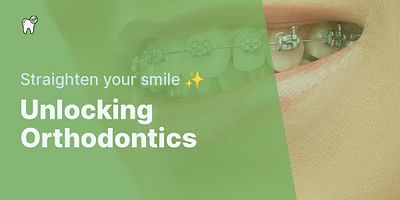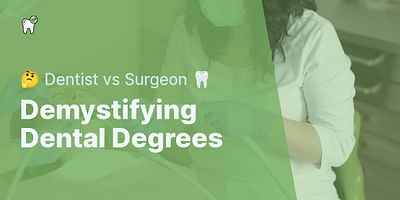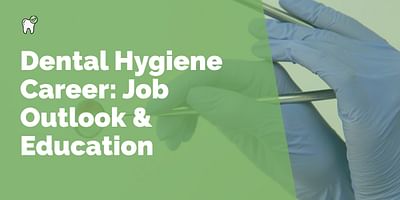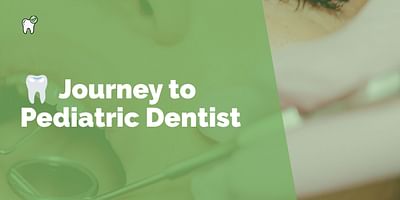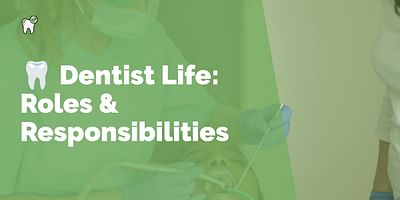Dr. Sylvia Green is an experienced dentist with a decade of professional practice under her belt. Her commitment lies in guiding her patients toward excellent oral health, with a particular emphasis on the critical role of preventative measures. Outside of her medical pursuits, Dr. Green is an avid hiker and culinary enthusiast, always keen on discovering and experimenting with new recipes.
As a practicing dentist with over 10 years of experience, I can confidently say that the consequences of a BDS graduate performing orthodontics without a specialization can be significant and potentially harmful to patients. Orthodontics is a specialized field within dentistry that requires additional training and expertise beyond a general dental degree.
1. Lack of specialized knowledge: Orthodontics is a complex field that involves the diagnosis, prevention, and treatment of dental and facial irregularities. Without specialized training, a BDS graduate may not have the in-depth knowledge and skills required to properly assess and treat orthodontic cases. This can lead to incorrect diagnoses, ineffective treatment plans, and suboptimal results for patients.
2. Increased risk of complications: Orthodontic treatment involves the use of various appliances, such as braces or aligners, to correct dental and jaw misalignments. Without proper training, a BDS graduate may not have the necessary expertise to handle these appliances correctly. Improper placement or adjustment of orthodontic appliances can result in discomfort, pain, and even damage to the teeth, gums, or jaw joints.
3. Inefficient treatment: Orthodontic treatment requires careful planning and monitoring to ensure that the teeth and jaws are moving in the desired direction. Without specialized knowledge, a BDS graduate may not be able to effectively plan and execute a treatment plan, leading to prolonged treatment times and less predictable outcomes for patients.
4. Limited treatment options: Orthodontics is not a one-size-fits-all approach. Each patient's case is unique and requires personalized treatment options. A BDS graduate without specialization may have limited knowledge of the various orthodontic techniques and appliances available, which can restrict the treatment options they can offer to patients. This can result in patients not receiving the most appropriate and effective treatment for their specific needs.
5. Legal and ethical implications: Performing orthodontics without proper specialization can have legal and ethical implications. In many jurisdictions, it is considered a professional misconduct for a dentist to practice outside their scope of expertise. Engaging in such practices can lead to disciplinary actions, loss of license, and potential legal consequences. This highlights the importance of upholding the highest standards in patient care.
It is essential for patients to seek orthodontic treatment from qualified and specialized orthodontists who have undergone the necessary training and education. Orthodontists have completed additional years of postgraduate education and have the expertise to provide comprehensive orthodontic care.
If you are considering orthodontic treatment, I highly recommend consulting with a qualified orthodontist who can assess your specific needs and provide you with the most appropriate treatment options. Your oral health and the success of your orthodontic treatment depend on it. For more information on the different types of dentistry, you can check out our comprehensive guide on dental specialist fields.

